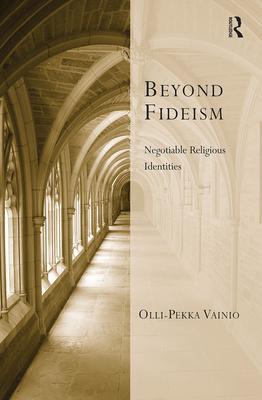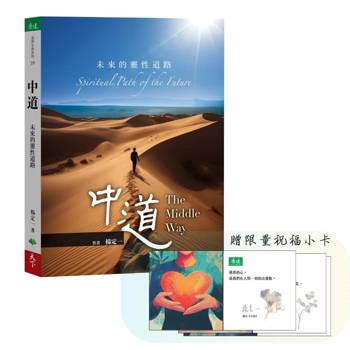After the postmodern turn, every tradition seeks the right to have their own rules of rational discourse. The crucial question is: are there ways to communicate between the traditions so that the traditions do not need to give up their identities in order to take part in conversation? Vainio examines the basic assumptions behind well known types of Christian theology and seeks ways in which they might interact with one other and with other non-Christian traditions without capitulation of their identities. Vainio claims that there are religious identities that can be negotiated and communicated, and that there are ecclesiastical doctrines which can be meaningfully discussed among churches. This book explores three key areas: analysis of the uses of ’fideism’ within classical Christian theology; clarification of different types of theological method that seek to express the task of theology in contemporary setting; an explanation of the contours of religious identity and rationality which takes seriously both classical Christian identity and pluralistic contexts where most of the Christian communities dwell nowadays. The proposal for "negotiability" of Christian identity draws together ideas from, among others, virtue epistemology, reformed epistemology, communitarianism, and feminist sensibilities.
| FindBook |
有 1 項符合
Beyond Fideism: Negotiable Religious Identities的圖書 |
 |
Beyond Fideism: Negotiable Religious Identities 作者:Vainio 出版社:Routledge 出版日期:2021-06-30 語言:英文 規格:平裝 / 196頁 / 普通級/ 初版 |
| 圖書館借閱 |
| 國家圖書館 | 全國圖書書目資訊網 | 國立公共資訊圖書館 | 電子書服務平台 | MetaCat 跨館整合查詢 |
| 臺北市立圖書館 | 新北市立圖書館 | 基隆市公共圖書館 | 桃園市立圖書館 | 新竹縣公共圖書館 |
| 苗栗縣立圖書館 | 臺中市立圖書館 | 彰化縣公共圖書館 | 南投縣文化局 | 雲林縣公共圖書館 |
| 嘉義縣圖書館 | 臺南市立圖書館 | 高雄市立圖書館 | 屏東縣公共圖書館 | 宜蘭縣公共圖書館 |
| 花蓮縣文化局 | 臺東縣文化處 |
|
|
圖書介紹 - 資料來源:博客來 評分:
圖書名稱:Beyond Fideism: Negotiable Religious Identities
|











